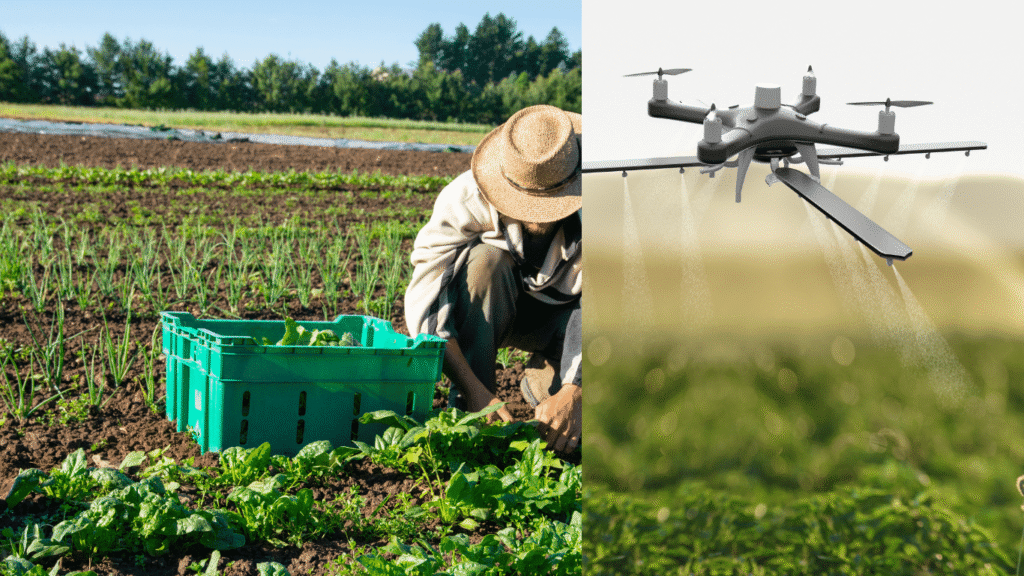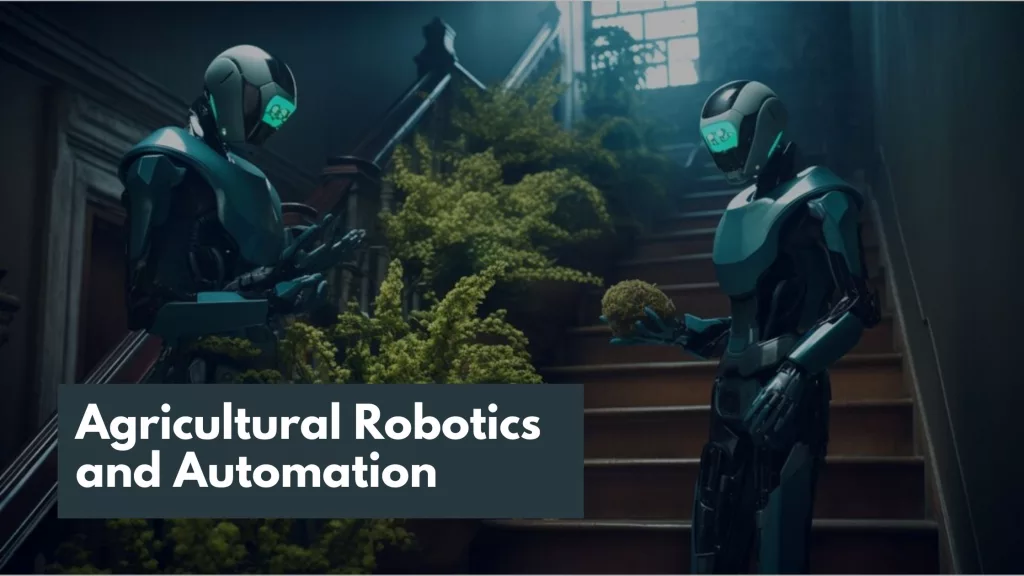Farming plays a cardinal role in sustaining a huge global population. There are apparent differences in the methods of approach. They both move with a singular aim to produce food. They differ in method, ideologies, and results.
There are comparative differences and similarities between organic farming Vs conventional farming, which allow you to take a decisive decision in choosing the most optimal method of farming to enhance production.
The conventional agriculture is one of the dominant forms of farming practices, namely known as industrial farming, which depends mostly upon the advanced technology, synthetic and chemical fertilizers to increase their inputs and enhance the productivity manyfold.
ORGANIC FARMING Vs CONVENTIONAL FARMING
Applicability- Organic farming relies upon the natural ingredients, uses natural methods, and avoids synthetic fertilizers, while conventional farming highly relies upon chemicals to maximize crop production.
Environmental consciousness– Conventional farming is not environmentally conscious. Whereas organic farming prioritizes the wellness of the environment, sustainability, and reduces chemical utilization, they focus on maximizing production and are economically efficient.
Effectiveness – Organic farming offers environmental and other health benefits, while conventional farming is affordable and relies upon food security.
Price scalability– The conventional farming is often set at a lower price. Due to differential economic scales, organic farming may be situated at a higher price due to demand for labour and higher quality of input being used.
ADVANTAGES OF ORGANIC FARMING:
Organic farming offers health benefits by reducing the effects of harmful chemicals and fertilizers. It mainly depends on the natural environment. Organic farming is the result of a unique modernized technique, which includes tradition, innovative methods of science, to promote a better quality of life without the utilization of harmful chemicals.
It gives a reduced effect of the risk of chemical fertilizers as organic farming is based upon the utilization of bio-fertilizers, enhancing the longevity of the vegetative farms. Organic farming is gaining interest due to increasing consumer demand for organic produce.
The market for organic food has proliferated in recent times, and it has seen exponential growth. Consumerist society is paying the premium prices for this produce; for this reason, farmers are inclining towards adopting organic practices.
Organic farming aids in environmental conservation and maintains the ecological system by reducing the carbon footprint and protecting water resources.
They improve the soil health and help in reducing greenhouse gas emissions, and protect the ecosystem. The organic method improves soil fertility and balances the natural resources. It helps in protecting biodiversity, which helps in stabilizing the ecosystem.
Its sole aim is to towards sustainable development and judicious utilization of the present resources, and preserving it for the future generation as they are the certified production of crops which are highly priced because of their high quality as compared with the conventional sources of production.
It is the combination of old knowledge with the new advanced technology that ensures high production of yields.
you can also read this: The Future of Organic Farming: Top Trends to Focus on in 2025
DISADVANTAGES OF ORGANIC FARMING
They incur high production costs.
The capacity of production is less than compared of the conventional form of agriculture.
They are set at higher prices for the consumerist society and are rarely found.
It is more labor-intensive as compared to conventional agriculture, which requires a more planned strategy on the part of the farmer. Organic farming is hard work and requires more human physical labor; it needs to be organized in a specialized manner.
Need to create a viable buffer zone, as conventional agriculture uses crop dusting, and spraying chemical fertilizers, which, along with organic farms, can get contaminated buffer zone helps to reduce these possibilities.
CONVENTIONAL AGRICULTURE:

It emphasizes on maximization of production and efficiency through different technologies and practices. It mostly relies upon chemical fertilizers, such as synthetic fertilizers. This form of agricultural system has revolutionized farming practices.
Over the years contributed to global food security and enhanced world economic growth, but it has proven to be a dysfunction in terms of sustainable agricultural practices.
The conventional kind of agriculture is termed as controlled agriculture practices against other agricultural practices.
Conventional agriculture is comparatively different from the traditional form of farming. It is modern farming which is utilization of chemicals, machinery, and technology to increase the yield.
This dynamic process is known as intensive agrobusiness or industrial farming, which isn’t sustainable. It is one of the most profound agricultural systems, highly productive and uses large areas under cultivation, which require a good amount of capital investment and technological innovations.
ORGANIC FARMING BENEFITS
Organic farming is conceptualized based on sustainable development, which is the judicious and prudent utilization of limited resources. It completely prohibits from utilization of fertilizers and pesticides.
Maintenance of soil health without damaging its innate properties.
Sustainability is defined as a way of distinctive utilization of resources so, they won’t be exhausted.
Organic farming promotes balanced biodiversity in the prevalent ecosystem, whereas the excessive use of fertilizers in farming harms the biodiversity of the soil. It is the economic utilization of the land’s available resources, water, and does not overburden to extract higher profit.
overview
To make organic farming more stable, accurate, and affordable, advanced technology like AI and drone investment is required. India is one of the largest countries relying on the agricultural sector. It is based on rural farming, mostly the employment is from the agro-based industry.
There is a shift in the Indian agricultural system from a traditional form of agricultural system, and there is a turnaround from conventional practices to advanced and modernized agriculture, mainly the organic-based agriculture, which prioritizes sustainability by reducing the utilization of synthetic inputs. Whereas it depends upon the natural method of crop rotation, animal manure, and protection of the plant.
Sustainable development often correlates with the organic family concept. The core concept of organic farming lies in maintaining ecological balance, quality of soil, and water management. The main trait of organic farming is that it does not involve any chemical fertilizers, pesticides, or other preservatives.



